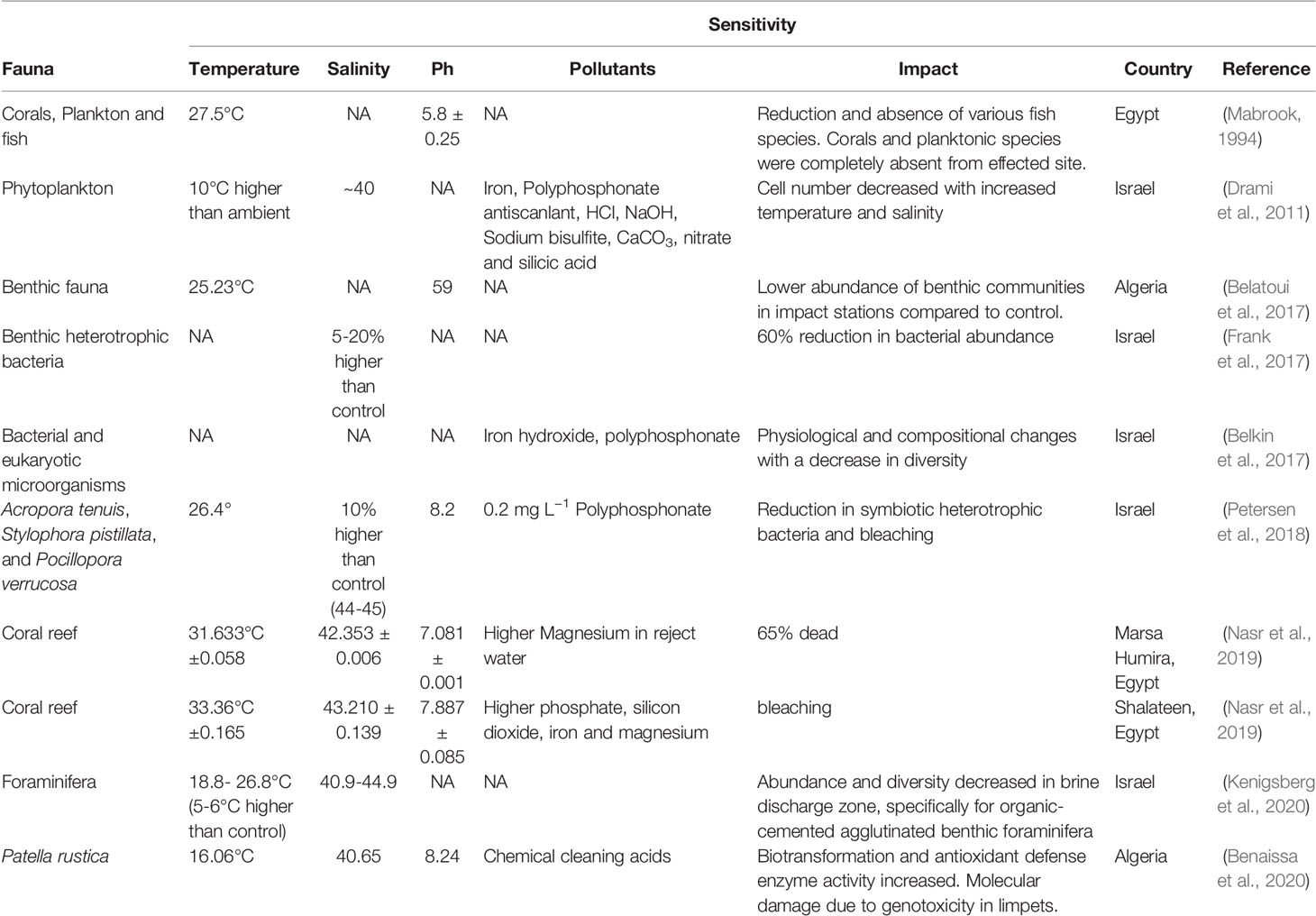Desalination system could produce freshwater that is cheaper than tap water::A new solar desalination system takes in saltwater and heats it with natural sunlight. The system flushes out accumulated salt, so replacement parts aren’t needed often, meaning the system could potentially produce drinking water that is cheaper than tap water.
Removed by mod
Desalination won’t touch a percentage of a percentage of a percentage of the brine produced by the sun simply by evaporation.
Our problem isn’t the byproduct, it’s how to return it to the sea in a distributed way rather than out a single pipe. That’s an engineering problem, not an ethical or environmental one.
Removed by mod
Let me put it in a way you might understand:
-
Ethical problem - Potentially no correct solution, tradeoffs likely.
-
Engineering problem - Smart people do maths until problem is solved.
-
We care but guess who doesn’t? Corporate Amer$ca
Which byproducts, Isn’t salt water just water + salt?
Or do you refer to the machine?
Removed by mod
The verdict on brine impact is not out yet AFAIK. It impact species differently.
The good news is that they found no significant changes in the organisms living on the seafloor and other biological indicators. The researchers attributed this to the long history of industrial activities in the area, including cooling water discharge from a power plant adjacent to the desalination plant, which had already perturbed the natural setting.
Study of brine discharge from desalination plant finds good news and bad news (2019)
They are developing technologies to deal with brine like solar powered brine crystallization or mixing it with sea water before reintroducing it. More are discussed quickly in this review: Characteristics of Desalination Brine and Its Impacts on Marine Chemistry and Health, With Emphasis on the Persian/Arabian Gulf: A Review. That one is actually good and very readable to the layman (i.e me):

The conclusion puts it well
The physicochemical qualities of desalination brine are influenced by a number of factors, including the quality of the input water, desalination processes, and discharge methods. These features determine how it affects the chemistry and health of the ocean. The tolerance of marine species to the impacts of salt varies. Several brine management solutions have been developed lately, with increasing water recovery to eventually achieve zero-liquid discharge being the most promising strategy for reducing the harmful impact on marine health.
Much better explanation than my off the cuff attempt, great added detail.
Removed by mod
I believe most places pump in extra seawater to heavily dilute the brine, then release the extra-salty water over a wide area back onto the sea.
Removed by mod
Removed by mod
Salt brine is highly corrosive to anything in contact with it so it is difficult to move, and in high concentrations wreaks absolute havoc in surrounding ecosystems. There’s a reason the phrase ‘salting the earth’ doesn’t have a good connotation. Desalination on a small scale might not seem like an issue but when dealing with the waste at scale becomes a bigger issue than even the energy cost to perform.
deleted by creator
The byproduct is a sort of like salt water, but a lot more concentrated. It’s mostly NaCl, but there’s also various other anions and cations such as Al, Ca, Mg, K, SO4 etc. Those metals came from the ocean, so you might be inclined to think that you can dump them back into the ocean. The problem comes when you dump a lot of that stuff and you get very high concentrations locally. When the concentration of those compounds is within the normal range, sea life can handle it. Once it’s above the limit, you can expect things to struggle or die. Eventually, it will get diluted in the ocean, but before that the concentrations will be high enough to cause damage to most living things.
Don’t tell Nestle this, they would store all the ocean water and resell it at a premium.
Nothing about this is “new”.
Evaporating water and catching it has been the way to produce fresh water since, like ever. But it’s slow, and prone to bacteria.
The “new” is the way they’re doing it
Apparently they solved the issue of how to keep the waste salt from clogging up the system.
No they didn’t. It’s never been an issue. Just don’t evaporate all water and use a new batch of salt water before the previous one gets saturated. Availability of salt water usually isn’t the issue.
The question with desalination is always the same what will you do with the salt ?
Removed by mod
Second moon
Pipe it to mcdonalds.
French fries are already too salty. And then, people gonna need freshwater. Infinity loop.
What about stopping shitting in fresh water ?
I tested a dry system with sand, sawdust and straw, but none of the other users was a fan :(
I imagine actually applying your solution would cause quite some friction.
I can’t see why, we also had the three seashells system https://screenrant.com/three-seashells-demolition-man-function/ :)
Ofcourse. But that is because the seashells are the obviously superior method. The friction is with the sand and sawdust method.
deleted by creator
Evaporating water and condensing it has been done. We don’t use this method for desalination since it is more energy intensive (read expensive) than reverse osmosis, which itself is also quite energy intensive.
Their solution uses the sun, so…
To produce systems energy would be needed too, and all “green” solutions have terrible EROI sometimes even negative, so… this solution have economically better alternatives that already in use